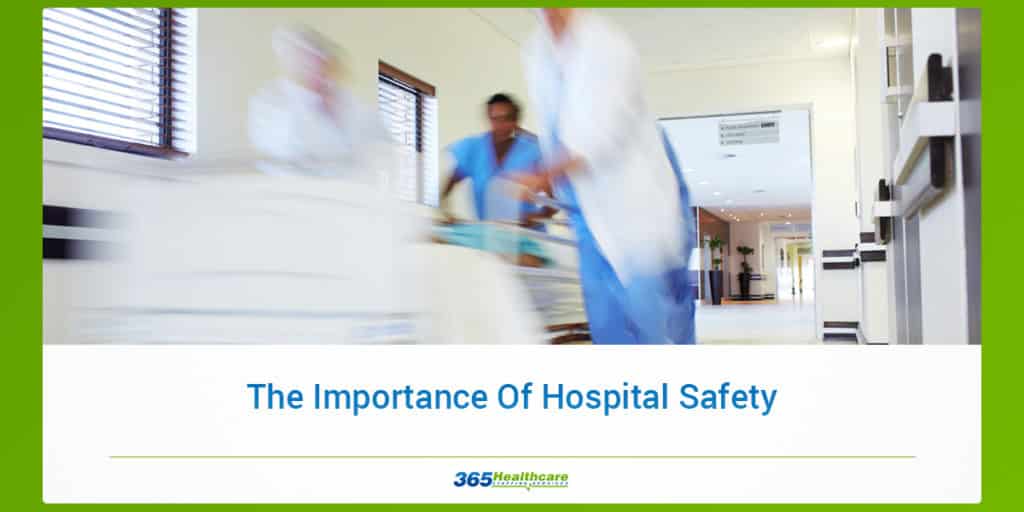No doubt about it – safety is a top priority for healthcare professionals in every area they inhabit, from patients’ hospital rooms, to surgical suites, supply rooms and decontamination areas. The Occupational Safety and Health Administration (OSHA) may be the best resource for hospital staff when it comes to identifying potential hazards and solutions.
Here are important hospital safety topics to review and consider:
- Anesthetic gases:Surgical techs performing medical procedures that use anesthetic gases know how important proper ventilation and gas-line connections are; being able to detect and correct leaks in the surgical suite is crucial to hospital safety. OSHA has guidelines for workplace exposure that help ensure a safe environment in the OR and PACU/recovery room. To facilitate safety where you work, make sure staff turns off vaporizers (of anesthesia machines) when not in use; prevents spills and performs a complete check of all anesthesia equipment prior to each use.
- Needle sticks: Mastering proper handling techniques helps healthcare professionals adhere to OSHA’s Bloodborne Pathogens Standard. The federal Needlestick Safety and Prevention Act requires hospitals to provide safe needles to its workers. Be aware of your department’s exposure control plan and keep a sharps injury log, should needle sticks occur. Wear gloves at all times, even when the chance of a needlestick appears low, e.g. changing bed linens, where spent needles may be found.
- Heavy lifting: This is a reality for many on the healthcare scene, such as sterile techs lifting equipment and maneuvering carts. The classic advice about lifting applies here: bend with your knees, not with your back, and push, DO NOT pull. For OR nurses, take advantage of mechanical lifts, pivot disks, and slide boards to transfer patients from place to place. To facilitate safety where you work, make sure your patients know about grab bars near beds, toilets, and showers, and inform them of what you are going to do before you attempt lifting/moving them. Be sure you know how to use hospital equipment properly and always ask for help when you need it.
- Contagious diseases: Make sure that patients with contagious cases, e.g. tuberculosis (TB), are identified early and isolated before they are treated. Use masks and gowns when entering patients’ rooms. To facilitate safety where you work, evaluate your facility’s ventilation system and filters in the building; this helps remove bacteria from the air you breathe. If you work with TB patients, get a skin test once or twice a year, and seek treatment immediately if the test is positive.
- The state of your equipment: Make sure that the equipment you have is in good working order. Bed cranks should be oiled regularly, and wheelchair casters and wheels on carts should move smoothly. To facilitate safety where you work, report broken equipment, spills and leaks before they become hazards.
Find Safe and Advantageous Healthcare Jobs with Top Employers!
Allied health and nursing professionals are on the frontlines of medical care; their talents shine brightest with employers who offer high quality of care. Contact 365 Healthcare Staffing today to find or fill nursing jobs in California and Arizona and more!


